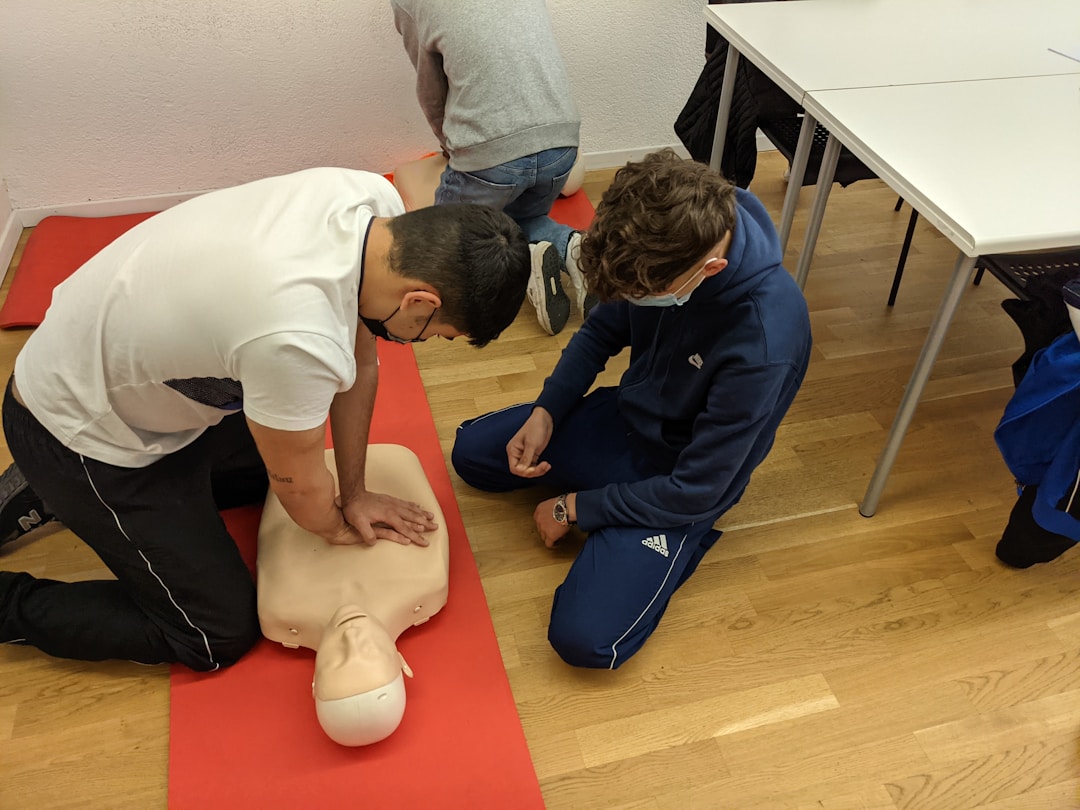Becoming a professional in your field begins with choosing a career path. After choosing a career, you must acquire the required training and skills to excel in your field.
Once you begin your career, you may benefit from additional training and credentials to increase your job prospects and help you advance within your field. Earning industry certificates can lead to new roles and responsibilities or leadership opportunities. Let’s look at some of the certifications you may consider earning to advance your career.
Applicants with IT credentials are in demand.

Information technology (IT) experts know how to configure computer networks and install computer software. They may work as computer support specialists, computer systems analysts, computer network architects, information security analysts, or network and computer systems administrators. IT experts are in demand, with the U.S. Bureau of Labor Statistics (BLS) reporting that information security analysts could expect to see jobs in their field increase by 33 percent between 2020 and 2030.
Completing online courses in IT enables individuals to earn IT certifications that will help them advance in their careers. Suppose you’re working as a computer support specialist and want to move into information security. Information security analysts install firewalls and employ other strategies to protect data from hackers. Some information security analysts work as white hat hackers, testing systems to determine if they’re vulnerable and determining how to best prevent hackers from penetrating existing security measures.
Completing CompTIA Security+, CompTIA CySA+, or NexGenT Cyber Security Associate certification enables you to acquire the training and credentials needed to pursue cybersecurity career opportunities. The coursework ensures you have the knowledge needed to use threat detection software and other security measures to protect client and employee information and proprietary business data.
Educators and mental health experts can complete certification in applied behavior analysis.

Educators and mental health professionals work with people coping with various issues, including behavioral disorders. Common behavioral disorders include oppositional defiance disorder, conduct disorder, and obsessive-compulsive disorder. Educators need knowledge about disorders to understand what’s prompting behaviors from their students and develop effective tactics to address disruptive behaviors. Mental health professionals work with people with behavioral issues and help them develop strategies to improve their responses and manage their disorders.
Educators can increase their job prospects and pursue opportunities in special education, school counseling, and human resources with an applied behavior analysis certification. The behavior analysis graduate certificate is an option for applicants with a master’s degree. It covers applied behavior analysis, functional behavior assessment, ethics for behavioral practice and research, and behavioral supervision and management. Program graduates qualify to take the Board Certified Behavior Analyst Examination, enabling them to earn board certification.
Individuals who have a bachelor’s degree can consider completing the Autism Spectrum Disorders Graduate Certificate, Gifted Education Certificate, or Teaching English to Speakers of Other Languages (TESOL) Graduate Certificate to increase their career prospects. The PreK–12 Reading Endorsement Graduate Certificate is an option for those who want to specialize in reading instruction or become a literacy and assessment, curriculum specialist.
Many fields require applicants to have health care certificates.

Many states require teachers to complete cardiopulmonary resuscitation (CPR) and First Aid training. Completing the coursework requirements and passing the written and practical exams ensures teachers have the skills required to address emergency health care issues. Personal care aides and home health aides must take First Aid and CPR to work in their field. The Occupational Safety and Health Administration (OSHA) also requires other professionals, including electricians, to take CPR and First Aid if they work with electrical equipment that generates 50 volts of electricity or more.
Health care professionals also complete certificates. Registered nurses (RNs) and advanced practice registered nurses (APRNs) are typically required to have their CPR, basic life support (BLS), and advanced cardiac life support (ACLS) credentials to work in their field.
Completing certificates can increase your job prospects. Some professions require applicants to complete certificates, such as applied behavior analysis or BLS certification, before applying. Earning certificates can ensure you have the qualifications needed to pursue your chosen career path and advance in your career.




